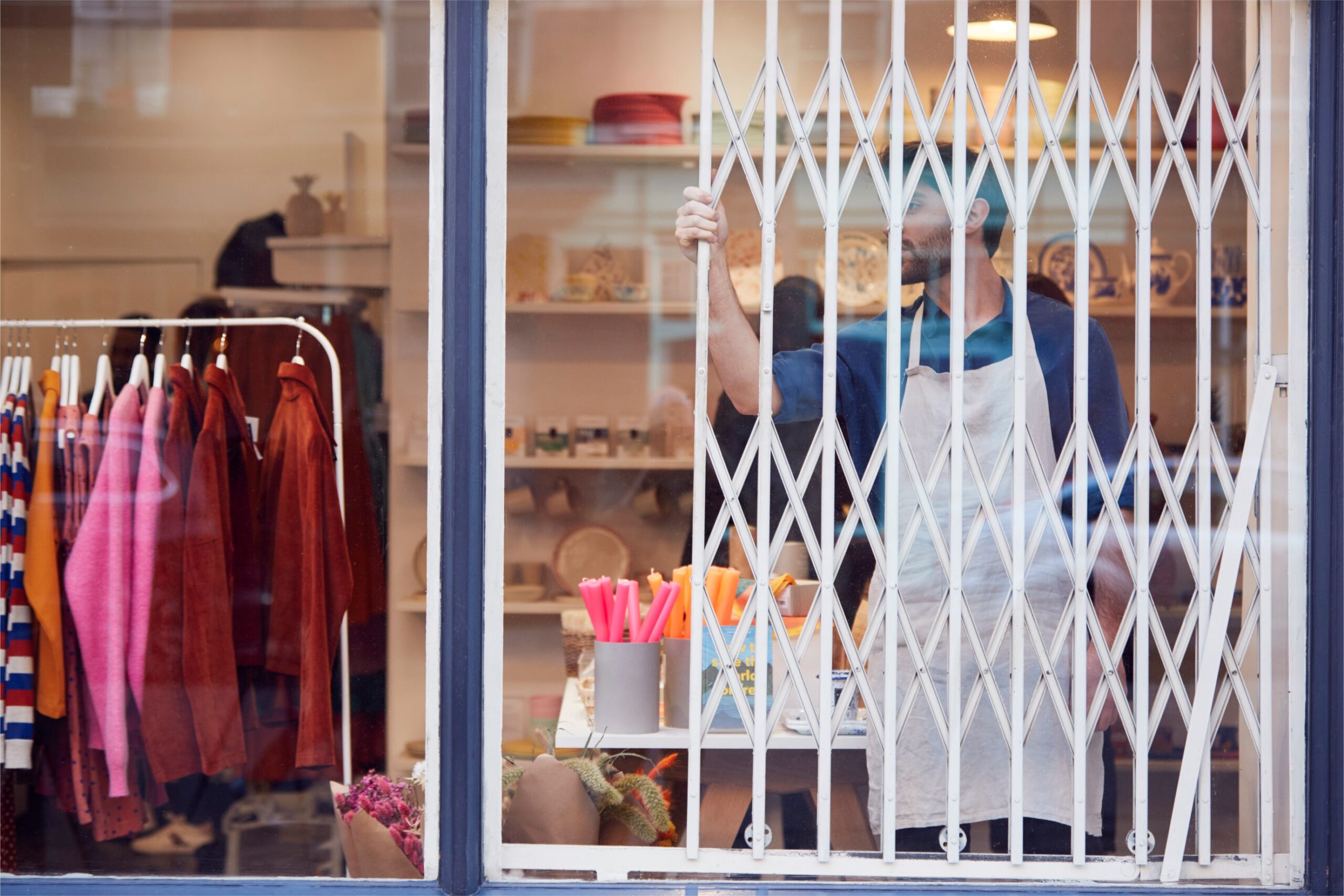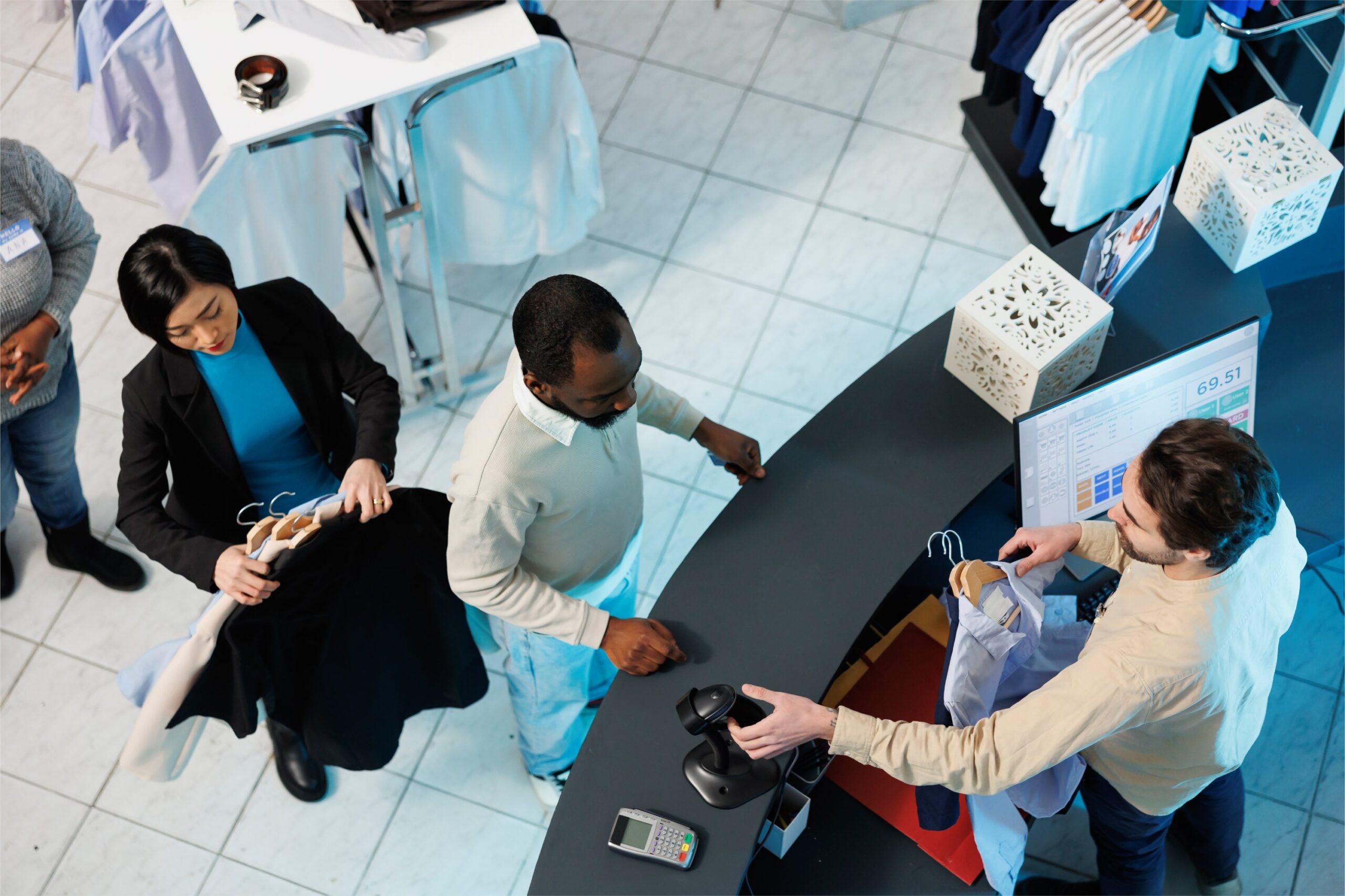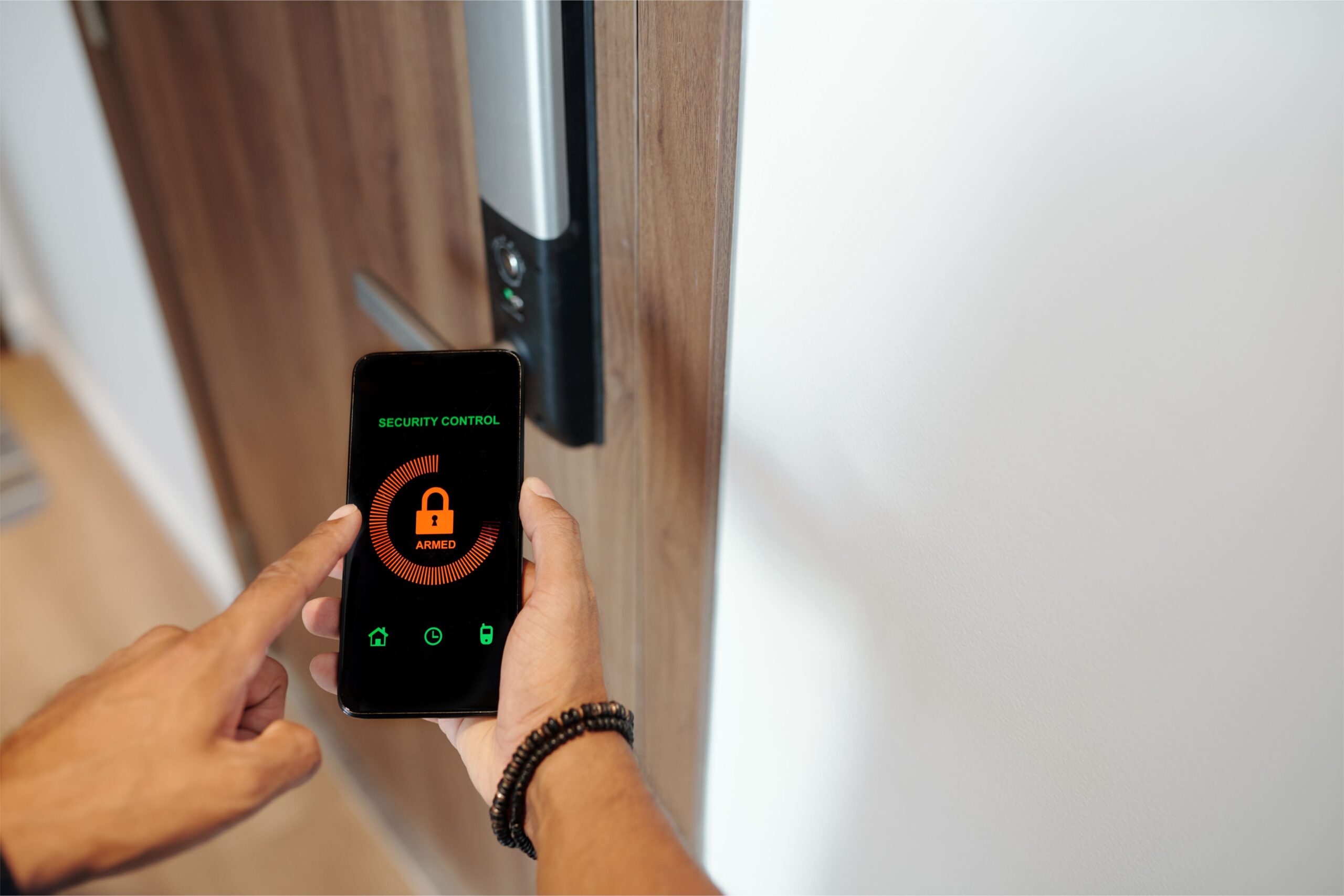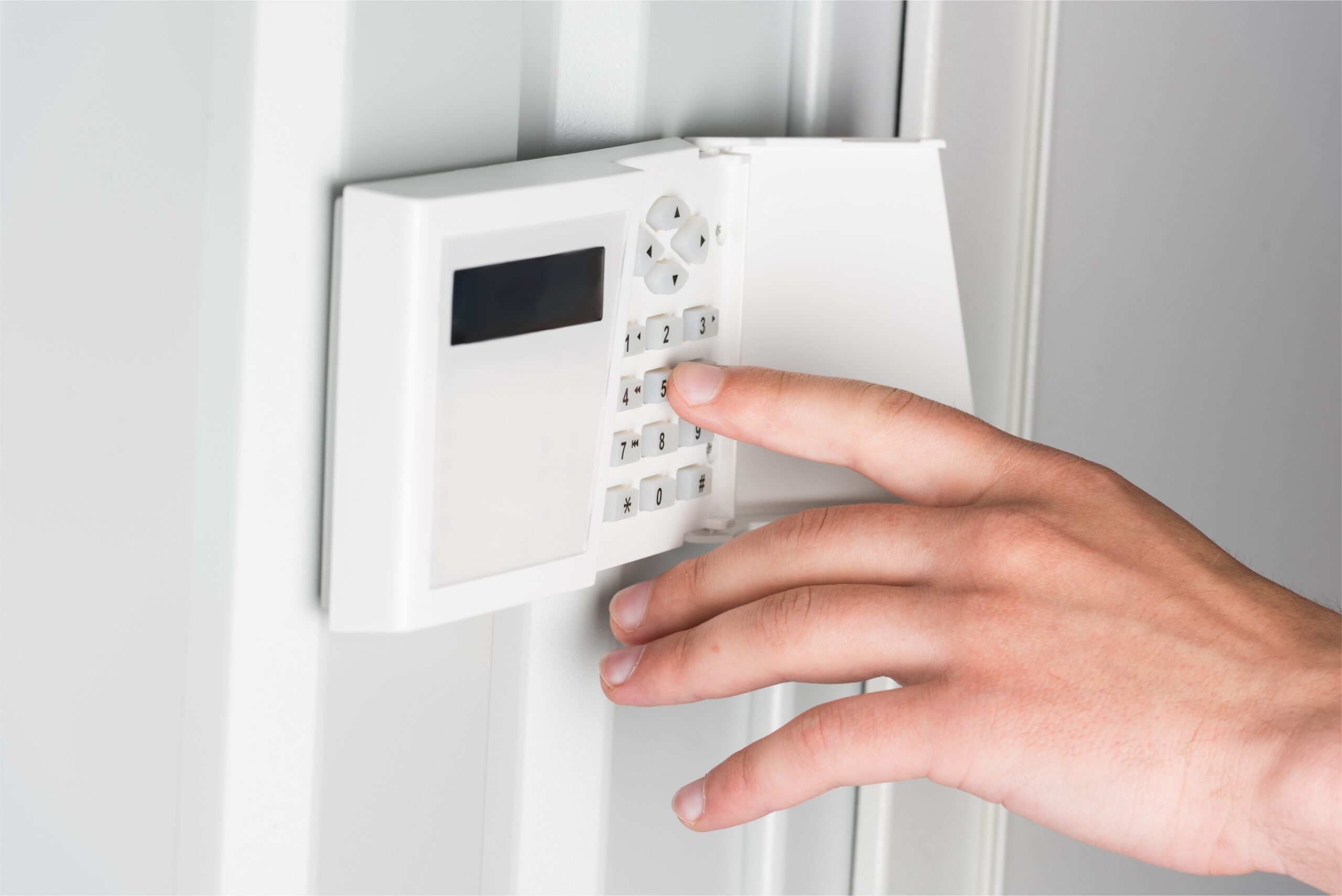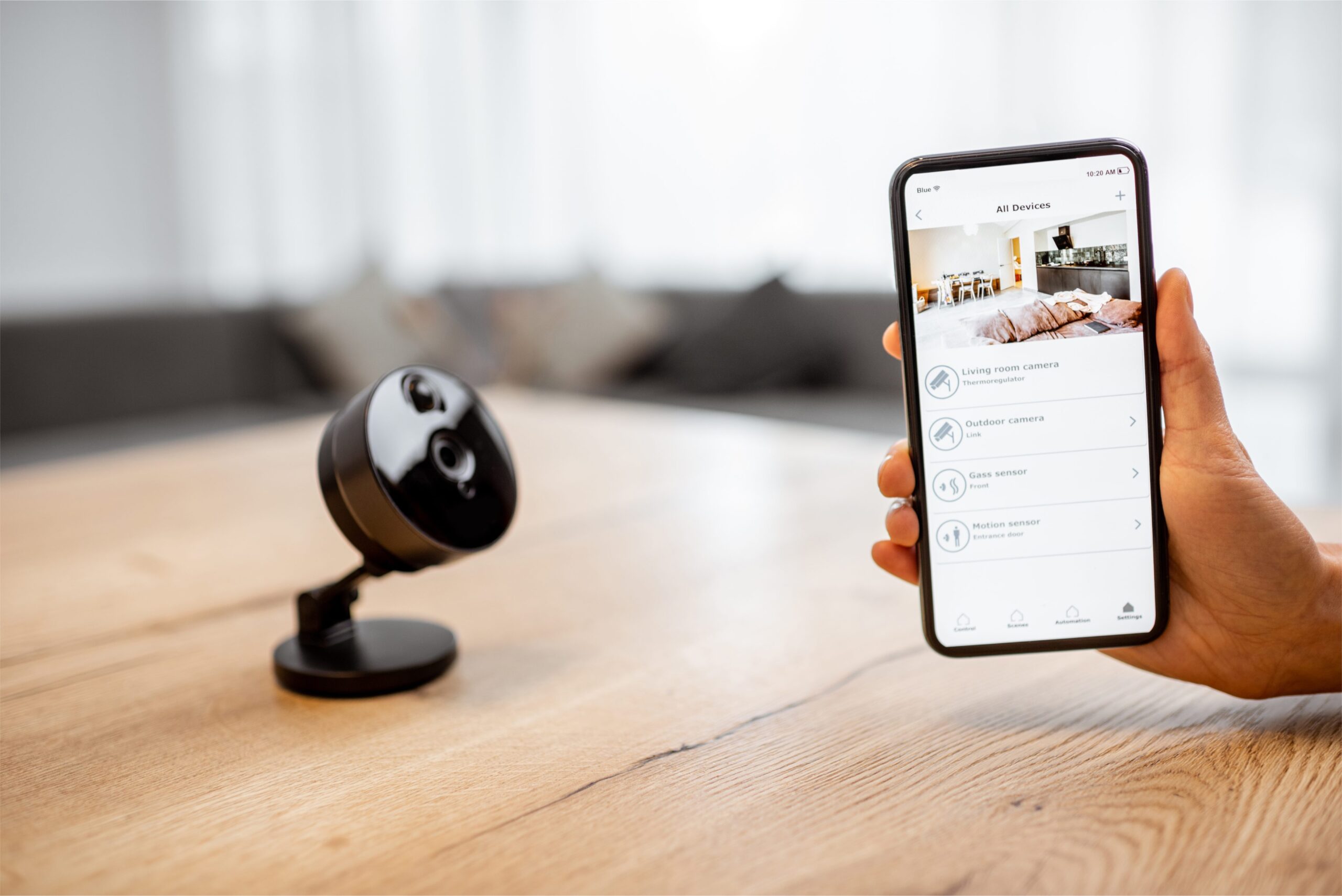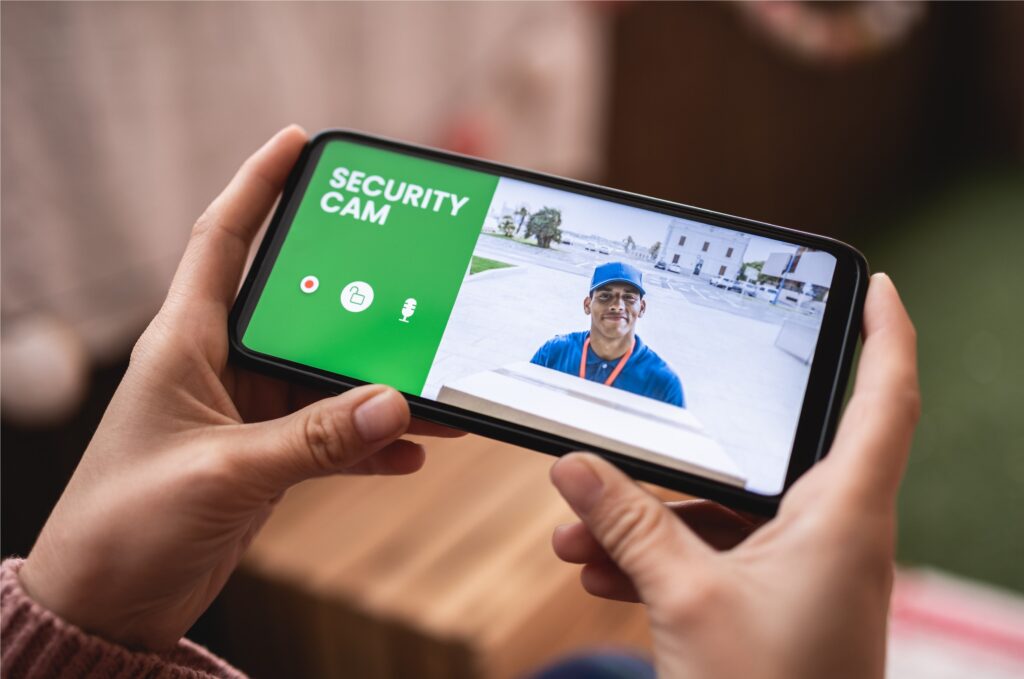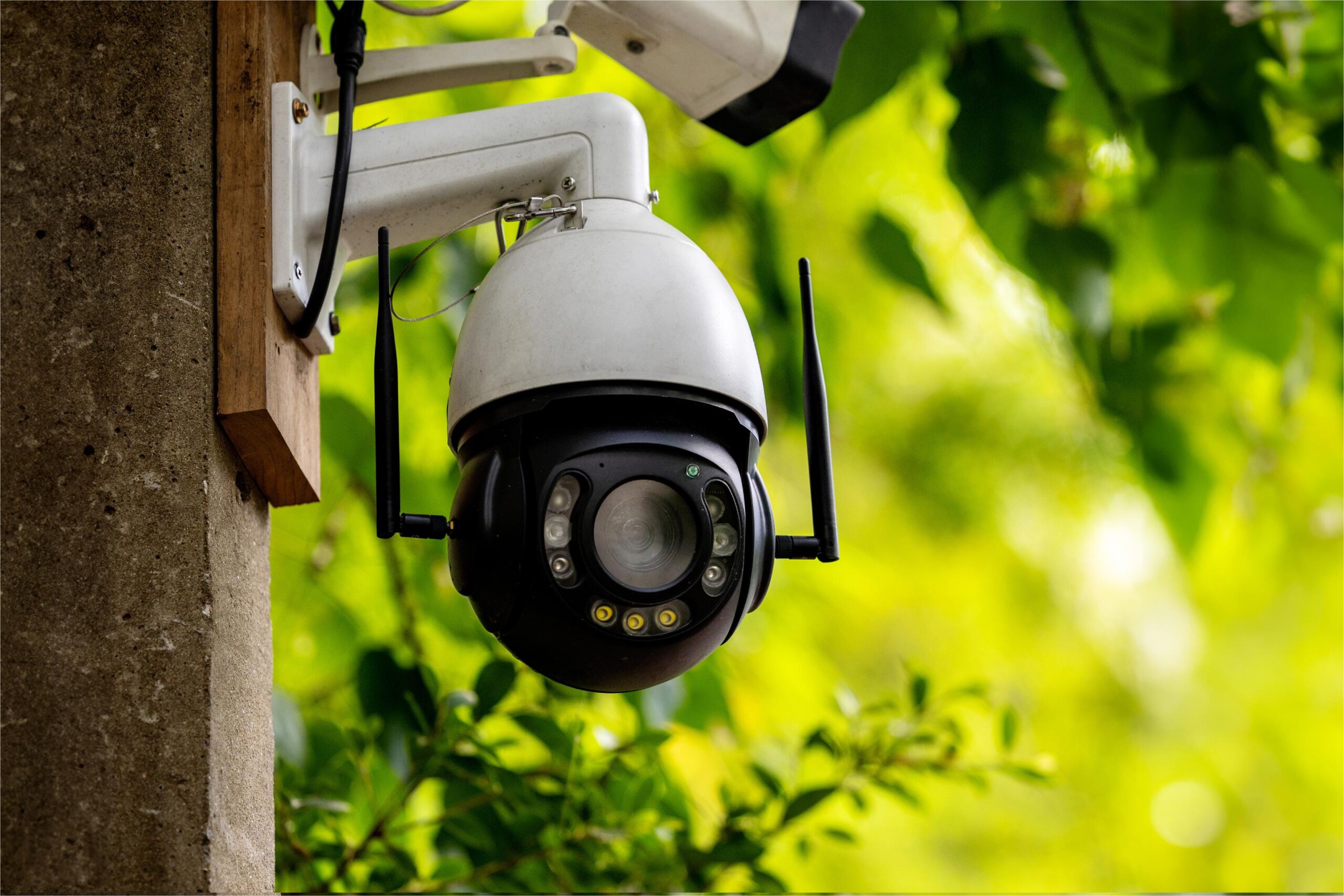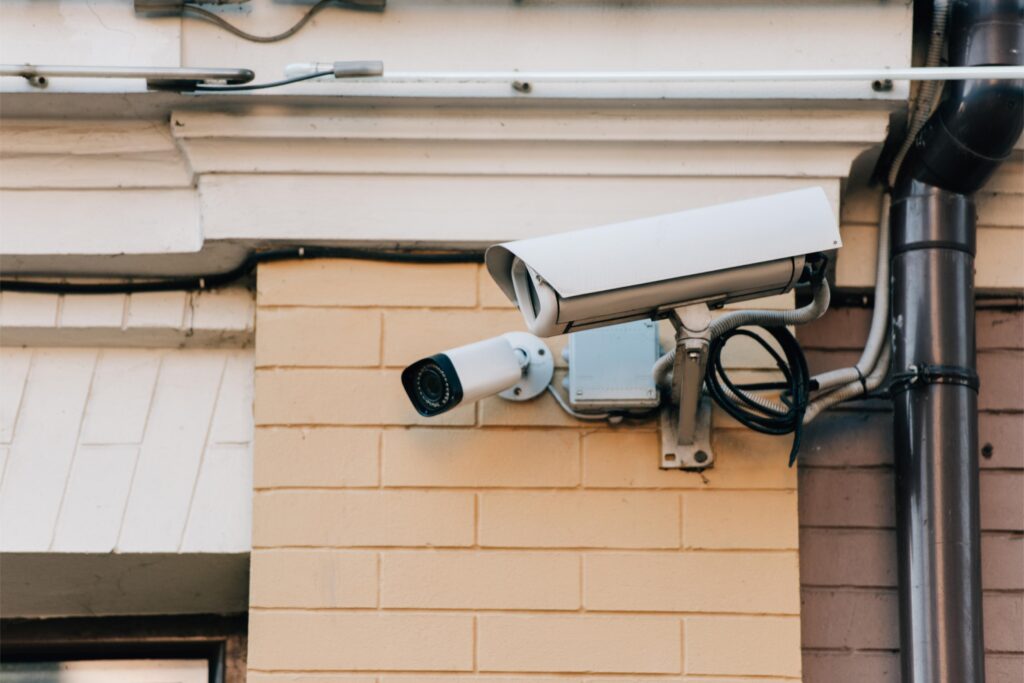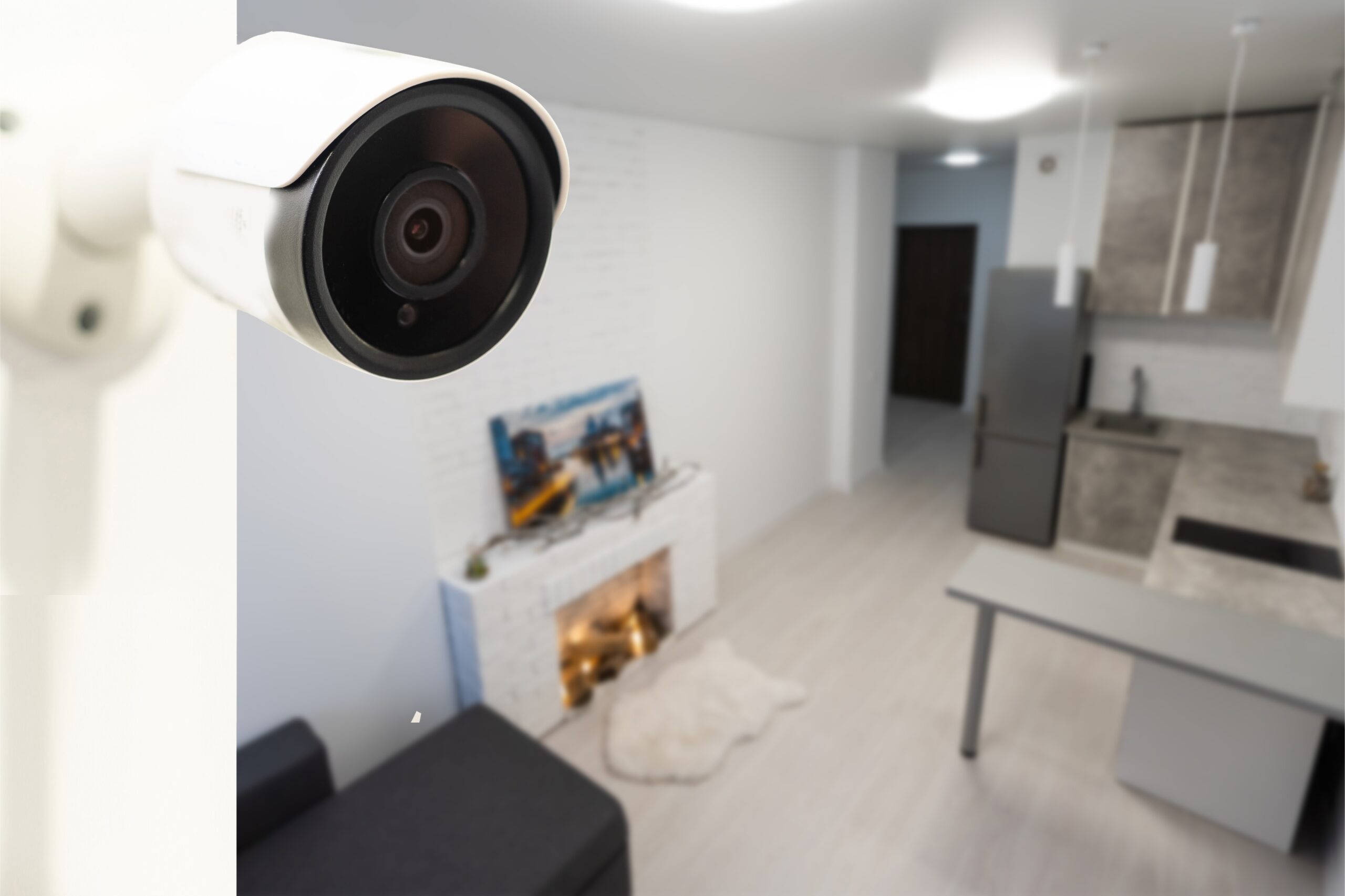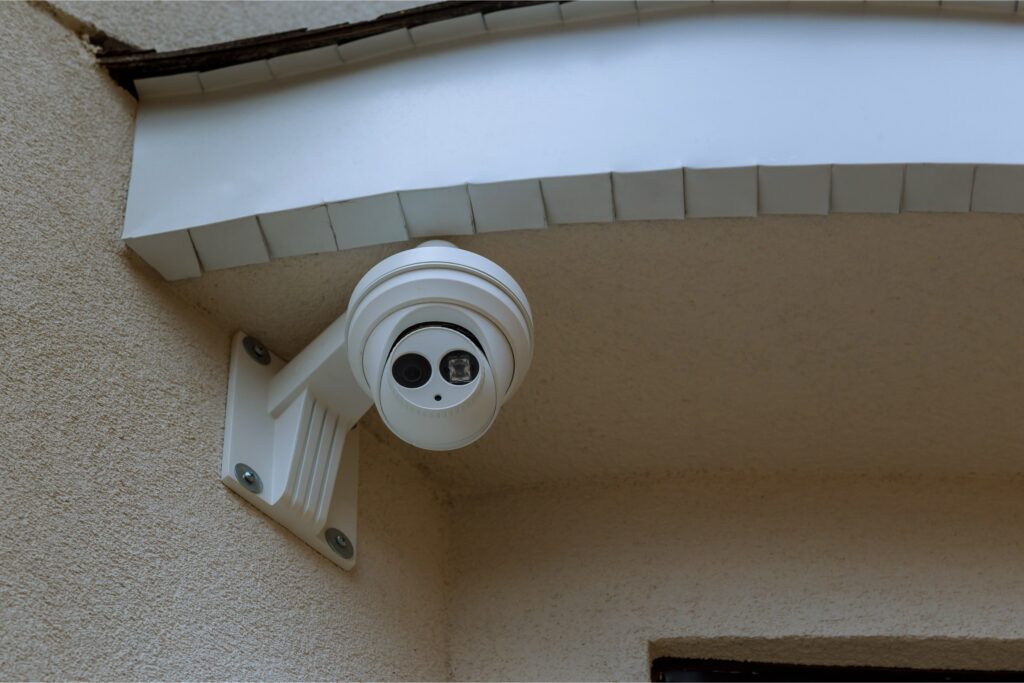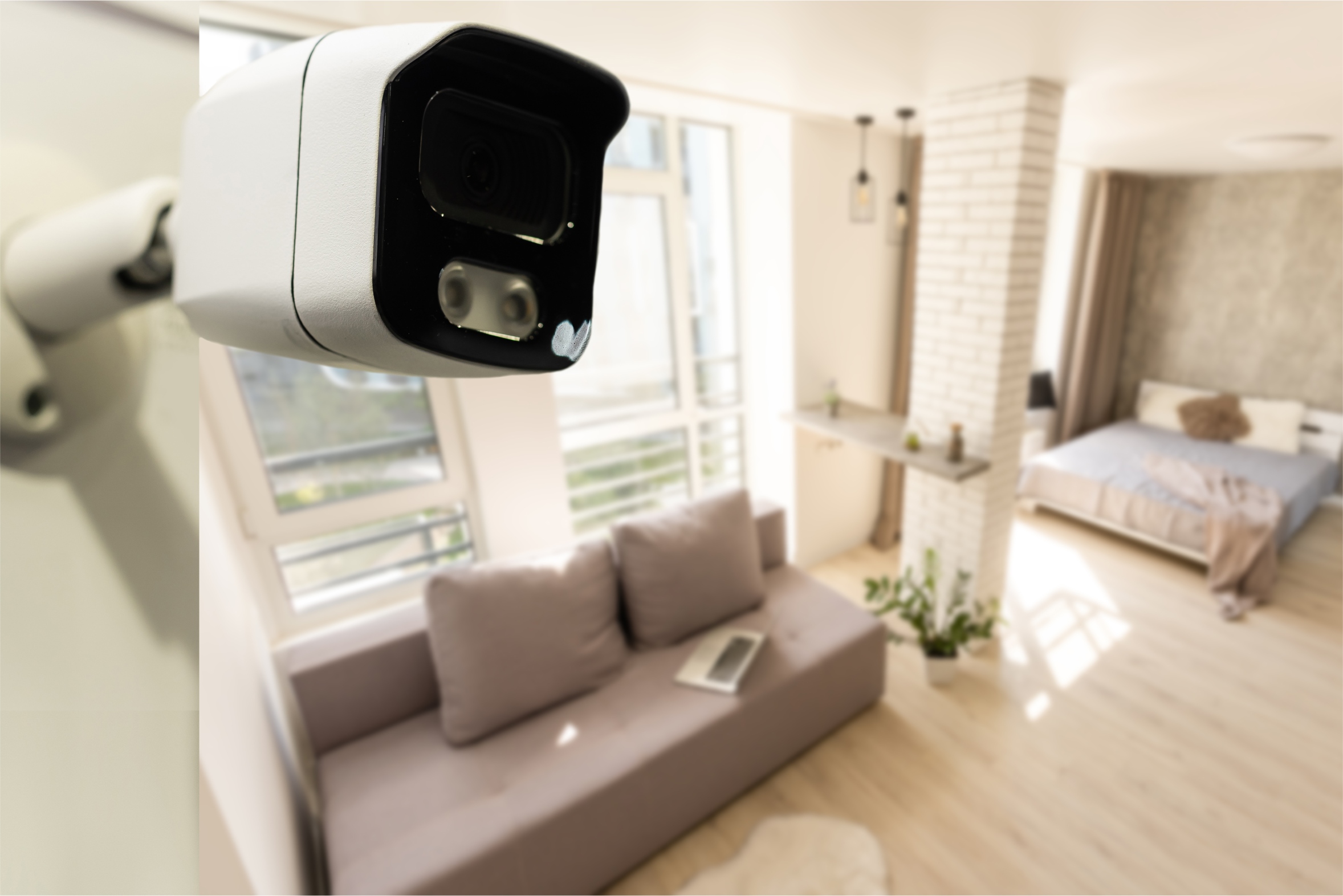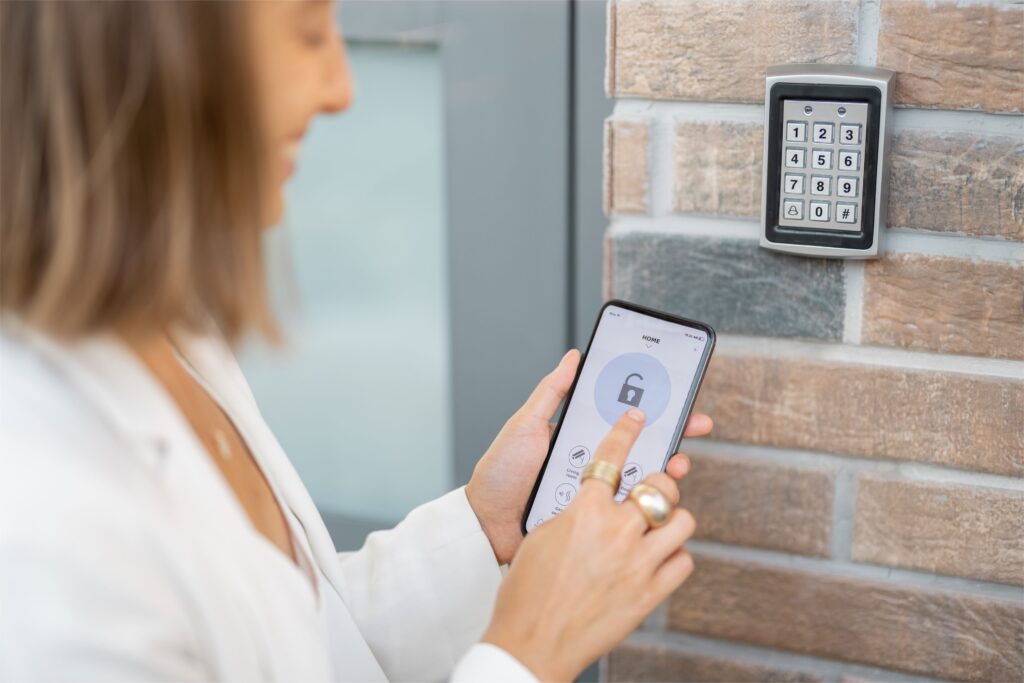London, with its diverse and bustling neighbourhoods, faces significant challenges regarding burglary.
Understanding the areas most affected and how to enhance home security is crucial for residents. This guide explores the ten worst burglary hotspots in London and provides educational insights on preventing burglaries, highlighting the role of SECOM’s smart security solutions.

Worst Burglaries by Borough:
- Westminster: Leading the list, Westminster recorded 3,374 burglaries last year. With a burglary rate of 16.52 per 1,000 residents, the high density of valuable properties in this area makes it an attractive target for burglars.
- Kensington and Chelsea: This affluent borough experienced 1,635 burglaries, with a burglary rate of 11.4 per 1,000 residents.
- Camden: Camden saw 2,350 burglaries, resulting in a burglary rate of 11.19 per 1,000 residents. This mix of residential and commercial properties contributes to its higher rate.
- Hackney: This borough saw 2,687 burglaries.
- Islington: This borough faced a burglary rate of 9.46 per 1,000 residents.
- Southwark: This central borough had 2,426 burglaries with a rate of 8.63 per 1,000 residents.
- Tower Hamlets: With 2,612 burglaries, Tower Hamlets faces challenges due to its densely populated urban environment.
- Hammersmith and Fulham: With a rate of 8.24 per 1,000 residents, Hammersmith and Fulham remains a target for burglaries.
- Enfield: Enfield saw a rate of 8.04 per 1,000 residents.
- Lewisham: Completing the list, Lewisham faced 2,297 burglaries, showing significant security challenges in its residential neighbourhoods.
Enhancing Home Security: SECOM’s Smart Solutions
Given the high burglary rates in these areas, adopting effective security measures is crucial for residents. SECOM offers advanced smart security solutions designed to prevent burglaries and enhance home safety. Live in one of these burglary hotspots? Here’s how our technologies can help keep you and your home safe:
Smart Alarms and Sensors
SECOM Smart Security is a professionally monitored alarm system. This means it is supervised by a dedicated team of security experts 24 hours a day, 7 days a week. In the event of a burglary, your smart home security system will sound an alarm and send an alert to our UK alarm receiving centre. We will then contact your nominated keyholders and, depending on your response package, either notify the police or send a professional keyholder or security guard to your property.
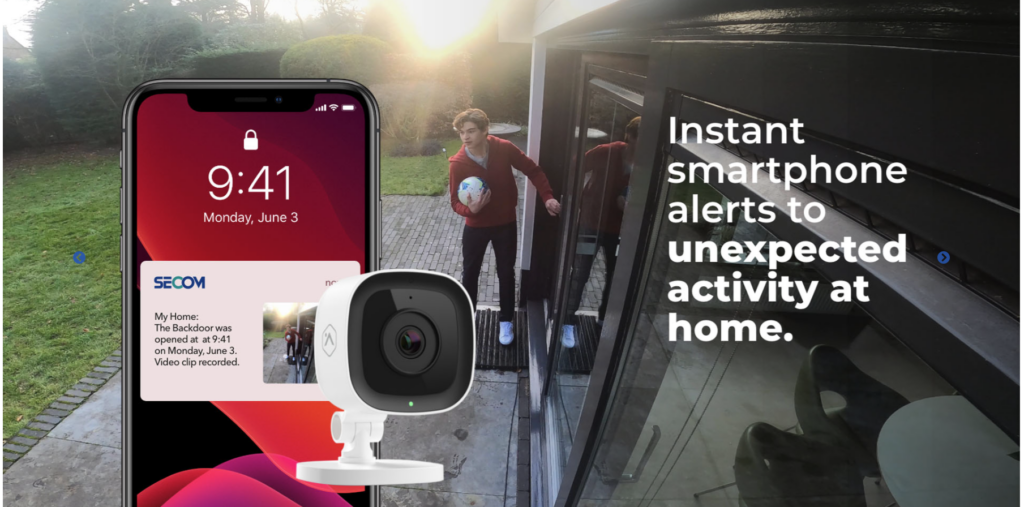
Alarm Receiving Centre (ARC)
Your commercial intruder alarm system will be connected to our state-of-the-art Alarm Receiving Centre (ARC), which is manned 24/7 by SECOM security experts. They monitor your alarms and react with utmost priority when an intruder has breached your premises, or if alarms are activated.
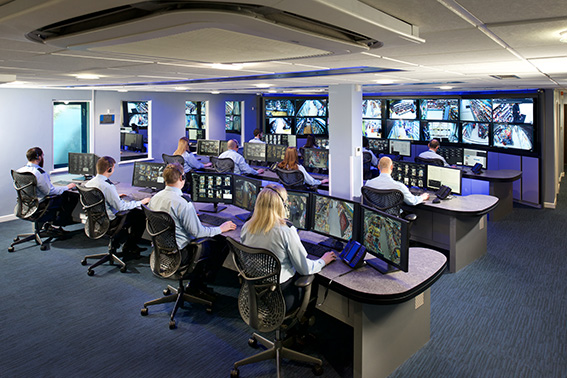
Practical Tips for Homeowners
In addition to using advanced security systems like those offered by SECOM, here are some practical steps homeowners can take to enhance their security:
- Always ensure that all doors and windows are securely locked before leaving the house.
- Notify trusted neighbours of your absences.
- Keep valuables out of sight and consider using a safe for extra protection.
- Ensure that entry points to your home are well-lit and not obscured by overgrown plants or trees.
- Regularly test your security systems and alarms to ensure they are functioning correctly.
- Take measures to ensure letters and parcels are kept out of sight.
- Set a timer on the switches of your lights to give the impression that someone is at home.
- User a timer to turn on the radio or TV to convey by sound that someone may be in.
- If you have shutters on your windows, it is safer to keep them tightly closed.
- Be careful of the content and timing of your posts on social media.
Stay safe and enjoy peace of mind!

